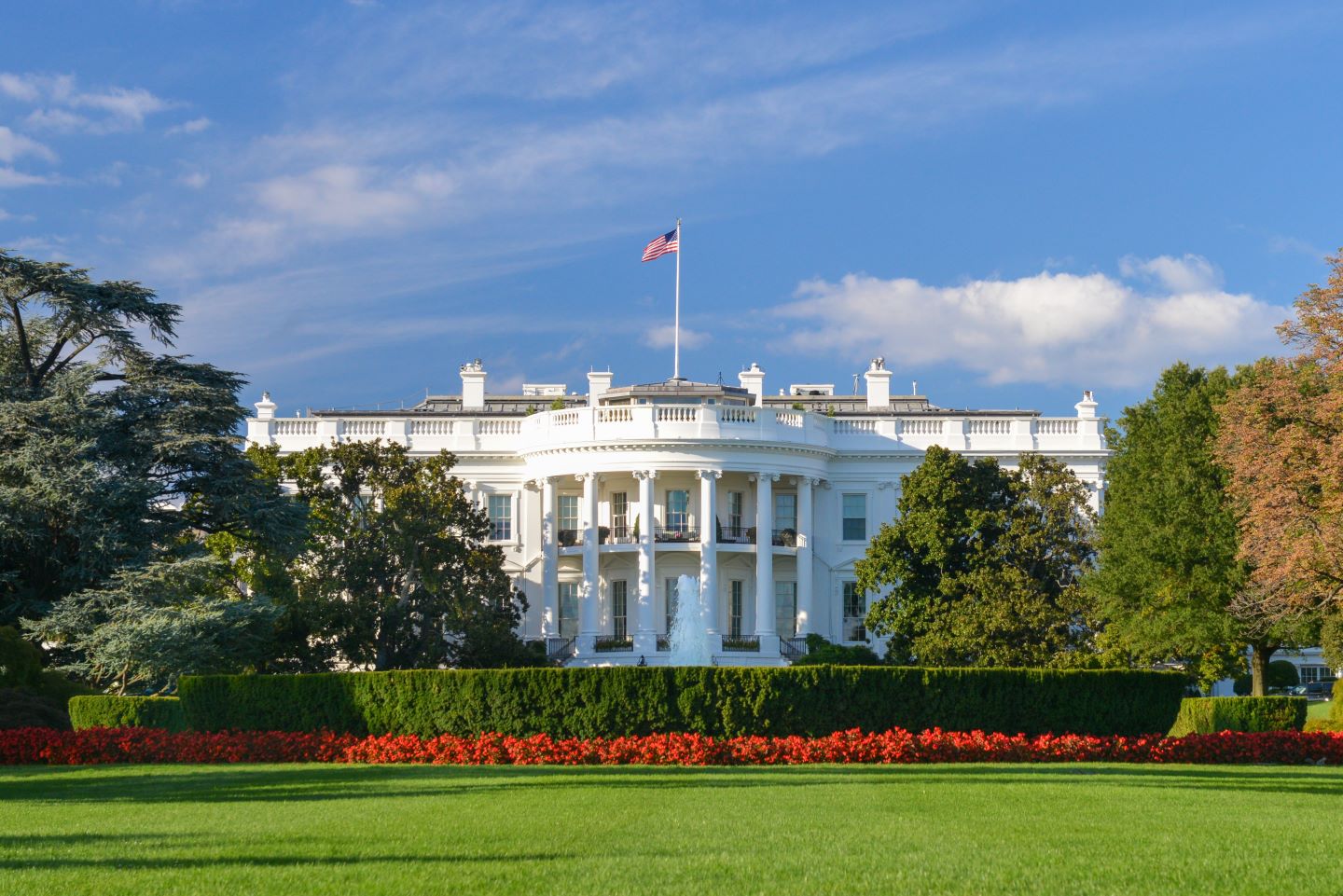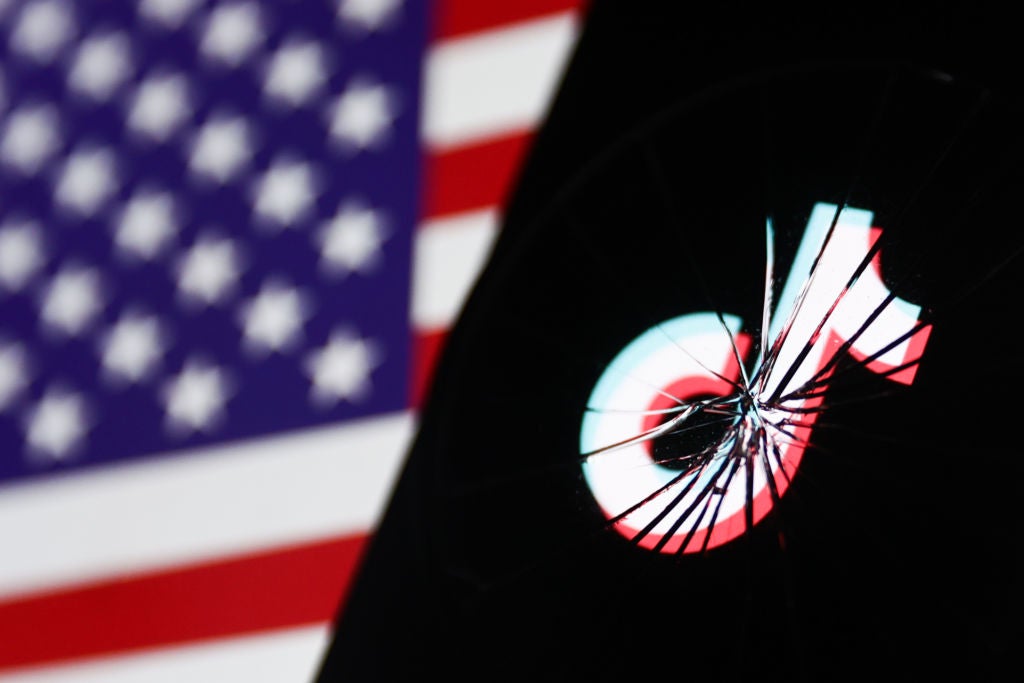
The US has led 40 countries in an alliance against paying ransomware, following reports that it was pressuring the countries against paying ransoms earlier this October.
This alliance comes after the US has stated that the number of ransomware cyberattacks has increased worldwide, with the US facing around 46% of the attacks.
Anne Neuberger, US Deputy National Security Adviser, told reporters during an online briefing that payments only increased the amount of ransomware attacks.
“As long as there is money flowing to ransomware criminals, this is a problem that will continue to grow,” Neuberger stated.
Paying into ransoms may incite copycat behaviour from other cybercriminal gangs and does not guarantee that the victim’s data will be decrypted.
Paul Brucciani, Cyber Security Advisor at WithSecure, explained why it is not always so easy to decide to pay the ransom.
How well do you really know your competitors?
Access the most comprehensive Company Profiles on the market, powered by GlobalData. Save hours of research. Gain competitive edge.

Thank you!
Your download email will arrive shortly
Not ready to buy yet? Download a free sample
We are confident about the unique quality of our Company Profiles. However, we want you to make the most beneficial decision for your business, so we offer a free sample that you can download by submitting the below form
By GlobalData“The consequences of not paying a ransom in the first case, is likely to lead to your data being published or sold online,” Brucciani explained, “The impact on the company may include loss of competitive advantage and rotational harm.”
Furthermore, Brucciani reminded Verdict that any personal data of company employees or customers published online could leave the affected business with a hefty GDPR fine or legal action from the victims, despite the data being leaked by bad actors.
However, he also stated that companies themselves do not vote.
“Policies which put the onus on companies to deter cybercrime are popular with democratic governments,” he stated.
Recent high-profile ransomware attacks on US companies such as MGM and today on Boeing has American regulators on high alert, but are they considering the perspective of businesses themselves?
Research analyst company GlobalData estimates that cybercrime worldwide will soon reach $10.5trn annually by 2025. To tackle this growing issue, cybersecurity revenues could reach up to $344bn by 2030.





